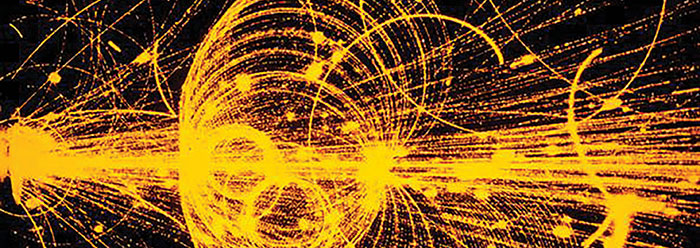We all love Christmas time. Much more than merely a time of singing and celebration, it's a time of family gathering, of gift giving, of collective thankfulness, of sweet memories, and great anticipation. As often mentioned in this column, I suggest that the grandest understanding of the Christmas "truth," as well as any other subject, comes by placing it in its creation context. It always helps to step back and see the big picture before focusing in on the details.
The Bible presents Jesus Christ as Creator (Ephesians 3:9; Colossians 1:13-16; John 1:1-3; etc.), the instrument by which the Tri-une God accomplished this great work. But soon creation, through its steward Adam, rejected God's authority, willfully choosing sin over God's holy presence, and received God's just "wages of sin" (Romans 6:23). Thus separated from its loving Creator, groaning under sin's presence and penalty, creation longed for absolution and restoration (Romans 8:20-22), but was impotent to alter its standing.
But "God so loved the world" (John 3:16) that the Creator Himself chose to set aside aspects of His deity and join sinful creation, taking upon Himself the form of sinful man (Philippians 2:6-8). By living a sinless life, a life for whom no death penalty was demanded, He could die as a substitute for those who had rejected Him. Thus, God's holy justice was satisfied, and our sins could be forgiven.
Think of it. The Creator rejected by His creation. The Creator of the entire universe embodied as a single cell, confined to the womb of a young Jewish maiden, and then entering a sin-soaked creation. Think further, of omnipotence choosing hunger, fatigue, and pain on behalf of those who had turned from Him. Think of the gracious, loving, and merciful One enduring betrayal, scorn, and rejection. And then think of the Creator of life dying and lying in a tomb.
But, of course, the story does not end there. For the Creator of life retook His life three days later, rose from the grave, and offered us eternal life. Some things cannot be fully comprehended, but they can be acknowledged, appreciated, and accepted.
These are some of the thoughts which flood my heart at Christmas.






